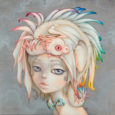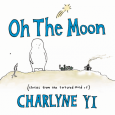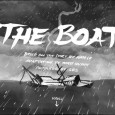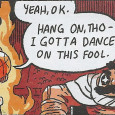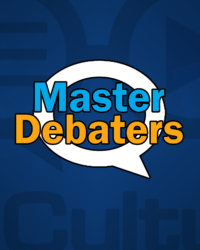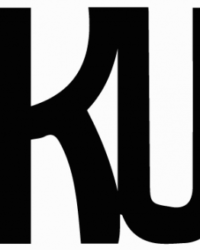
We/I/You often hear view points, many of them differing. One I feel we can all agree on is that many people feel books as a medium promote intellectualism in a more precise fashion than film/television/music (I will explain later why I include music with the visual mediums). Some people say that this is because books have a larger amount of material to present while film is restricted to a specific run time, forcing the exclusion of often inane, but colorful, details. These details create a unique palette that we all digest differently which paints a canvas of thought that each of us perceive in our own way. For example, imagine a sentence that says, “Spot runs”. In your mind you picture somebody running and in my mind I picture somebody running. But how do they run? How.
Let’s take that sentence and change it to, “Spot was punched in the nose and Spot’s nose was broken”. How many of you have actually been punched in the nose and had your nose broken? Some of you. There is a myriad amount of sensations those of you who have experienced this will instantly think of upon reading this. Possibly you will sympathize in ways that other readers will not and maybe in a way even the author, who may or may not have had a similar experience, has. A new connection is made. Neurons fire and this character has a bond that only you and others with a similar experience can understand.
Books are painted with our subjective experiences. Also, we typically don’t read a single page of a single book with more than ourselves, where a film/television/song can be shared. This makes them even more personal and impossible. There is no judgment or social pressure as we engage with our own prejudices, flaws, victories, and inexplicable variations on two words. This is possibly how modern art grew to success in my mind. Despite it being mocked for its simplicity it can be very profound to us in very different ways. A simple dot on a canvas will make us each think of something different, including the thought, “This isn’t art.” But the piece of art itself isn’t so profound. It is we whom are profound and we are all apart of the system even when we attempt to exclude ourselves.

Insert the knife.
Storytelling reveals meaning without committing the error of defining it. – Hannah Arendt, a political theorist
Twist the knife.
When anything can be art, art is not much of anything. – Darby Bannard, an abstract painter
So is art in this sense full of meaning or meaningless? I don’t know, you tell me.

Continuing on, film/television/music all present a similar concept at their core. They want to express a story, emotion, thought, or an attempt. What I feel the main difference from their written counterparts isn’t in run time, but in their presentation. They are deliberately paced. They are an inclusive package. You may read a book and stop at a single word (or even syllable) without any pressure to press forward until you are damned ready, taking your time to process and digest what you have just read, but with a f/t/s (film/television/song will be shortened to this from here out) they are designed with the intellectual and emotional impact placed at a certain point. If you pause a f/t/s at a certain point you may rob yourself of any and all of its meaning or you may have just heightened it to a degree it was never intended.
For example, picture a scene where two young girls are in a car and you are the camera, hovering between their shoulders in the back seat. Suddenly the girl in the driver’s seat slams her foot on the pedal and your viewpoint changes to her foot, followed by her face, followed by the passenger screaming in terror.
But this is written word. What color was her hair? Did you associate the driver with someone reckless or with somebody you would love to be around? Were her shoes red converse or were they high heels? With written word my lack of answers are filled in by your own mind and the scene is promoted to something it might possibly not deserve, but with film these answers are provided for you and paint a clearer picture. This clearer picture promotes harsher criticism, which over time will lead to a higher standard, but means as film continues through its youth it will constantly trip on the hurdle of its own creative leprosy. It will fail to inspire unexplainable scenarios, because we all see a similar pattern. Our brains are on overdrive, forced into time constraints as we engage two of our senses rather than one. It can be a stressful experience despite the answer being in front of us.
Maybe I am pointing out the obvious, as this has merely been a thought exercise up until this point, but what has the digital age changed? Take the concept of digital streaming. You may begin watching something and instantly pause, save your location, and come back in minutes or months and continue. You will have changed. The experience of a f/t/s can change to more than just the sum of its parts. The parts themselves may become meaningless or profound in the same light as a book.
Possibly this is just a pretentious pile of steaming self defecation, but I believe this subject deserves more discussion as our entry to books stay the same (other than going from being in our hands to on our Kindles) and f/t/s begin to be perceived in new ways. Well, I wrote this on a whim and I better get back to the movie that I paused to write this. =)
Johnny Townsend
Staff Writer


